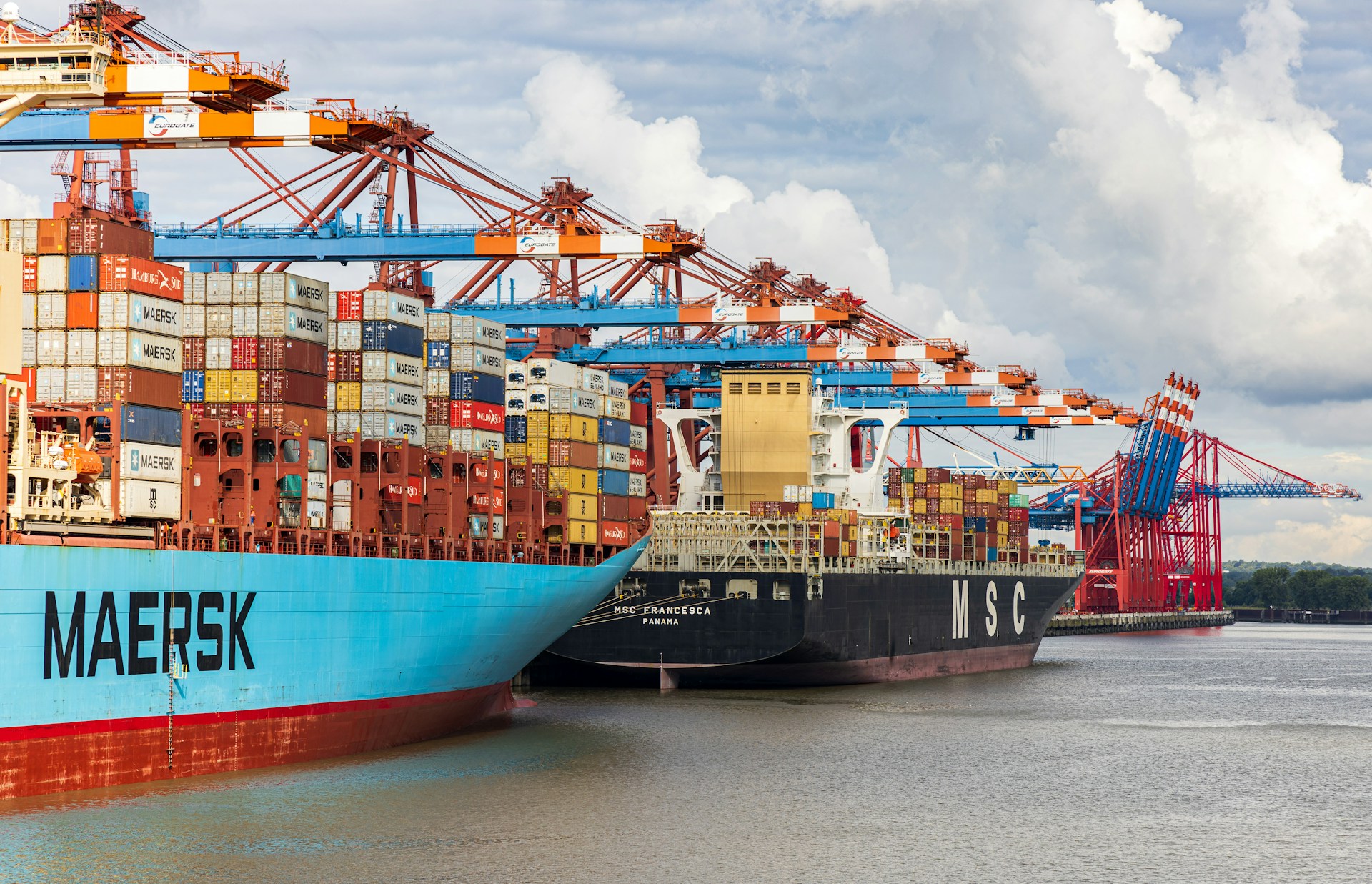El Salvador adopts Bitcoin
The Central American country becomes pioneer in cryptocurrency world
Published by Alba Di Rosa. .
Exchange rate Emerging markets Latin America Exchange rate risk Central banks IMF Exchange rates
Log in to use the pretty print function and embed function.
Aren't you signed up yet?
signup!
A heated topic of discussion that has emerged over the past week in the currency world features El Salvador, a small Central American state overlooking the Pacific Ocean. The country has taken center stage for the official adoption of Bitcoin, one of the main cryptocurrencies, as legal tender in the country; this is the first case in the world, so much so that it has brought the country to the center of media attention and economic-financial analysis.
The currency situation
El Salvador's official currency, known as the Salvadoran colón, has had a fixed exchange rate against the dollar since 2001, at 8.75 SVC per USD1. Thanks to the Ley de Integración Monetaria, the US currency has since been allowed to circulate freely as legal tender alongside the colón. Since last Tuesday Bitcoin has joined the scene, entering the field as a currency with legal tender, after the parliamentary approval of the related law last June.
As you can see from the chart below, which shows the exchange rate of the US dollar against the Bitcoin, the cryptocurrency has not reacted positively to the news, showing a weakening of 11.6% from Tuesday to today.
Dollar exchange rate against Bitcoin

The chart also shows the strong volatility of the Bitcoin: the exchange rate got stronger over the past 12 months, from USD 10,000 to USD 60,000 per BTC, and is currently fluctuating just below 50,000.
The absence of stability comparable to that of traditional legal tender currencies is therefore one of the main risk elements, which have emerged according to analysts as alarm bells, in the face of the decision of the country's government to include the BTC among its official currencies.
The reasons for the choice
The innovative choice of the young Salvadoran president Nayib Bukele seems to reside mainly in the possibility of reducing the cost of remittances, coming from the numerous citizens of Salvadoran origin who reside abroad. According to World Bank data, in addition to a population of about 6.4 million inhabitants there are in fact 1.5 million Salvadorans living abroad, mainly in the United States, and engaged in sending remittances to their homeland - a transaction that would be particularly expensive. Remittances to the country peaked at 24% of GDP in 2020. In fact, El Salvador is a country characterized by moderate economic growth and significant levels of poverty among its population.
As you can see from the chart below, which shows the country's GDP growth rate, this is relatively low compared to the average of emerging countries, placing just above 2% in 2019; this was followed by the inevitable crash related to the Covid crisis, amounting to -8.6% in 2020.
El Salvador: GDP growth rate, at constant prices (% change)

The reaction of population and analysts
In addition to the Bitcoin exchange rate showing a recent weakening, the reaction of the local population to the new currency situation has, in turn, not been positive. Indeed, protests are reported in the country over the adoption of the cryptocurrency.
Analysts also point out that, for particularly poor segments of the population with little access to the internet, Bitcoin may not constitute a significant element of support. The main risk concerns economic instability and support of potential illicit transactions for money laundering, as well as the previously mentioned issue of high volatility of the exchange rate. The International Monetary Fund itself, in a recent article pointed out that adopting a cryptocurrency as a national currency is "an inadvisable shortcut"; the World Bank, on the other hand, said it was not available in supporting the Salvadoran government on the Bitcoin issue, in relation to transparency limits. On the contrary, the Central American Bank for Economic Integration has guaranteed
its technical support towards the choice of El Salvador.
Honduras and Guatemala also seem to intend to approach this scheme, so much so that they have launched studies on the subject.
If the topic of cryptocurrencies is consolidating its progressive expansion in the global debate, it will be the near future of the Central American country pioneering this choice that will provide valuable signals. Indeed, the new Salvadoran line could emerge as increasingly attractive, and potentially be embraced by a growing number of countries, or signal how risks currently outweigh the benefits.
1. See the Monetary and Financial Indicators database available on ExportPlanning.


